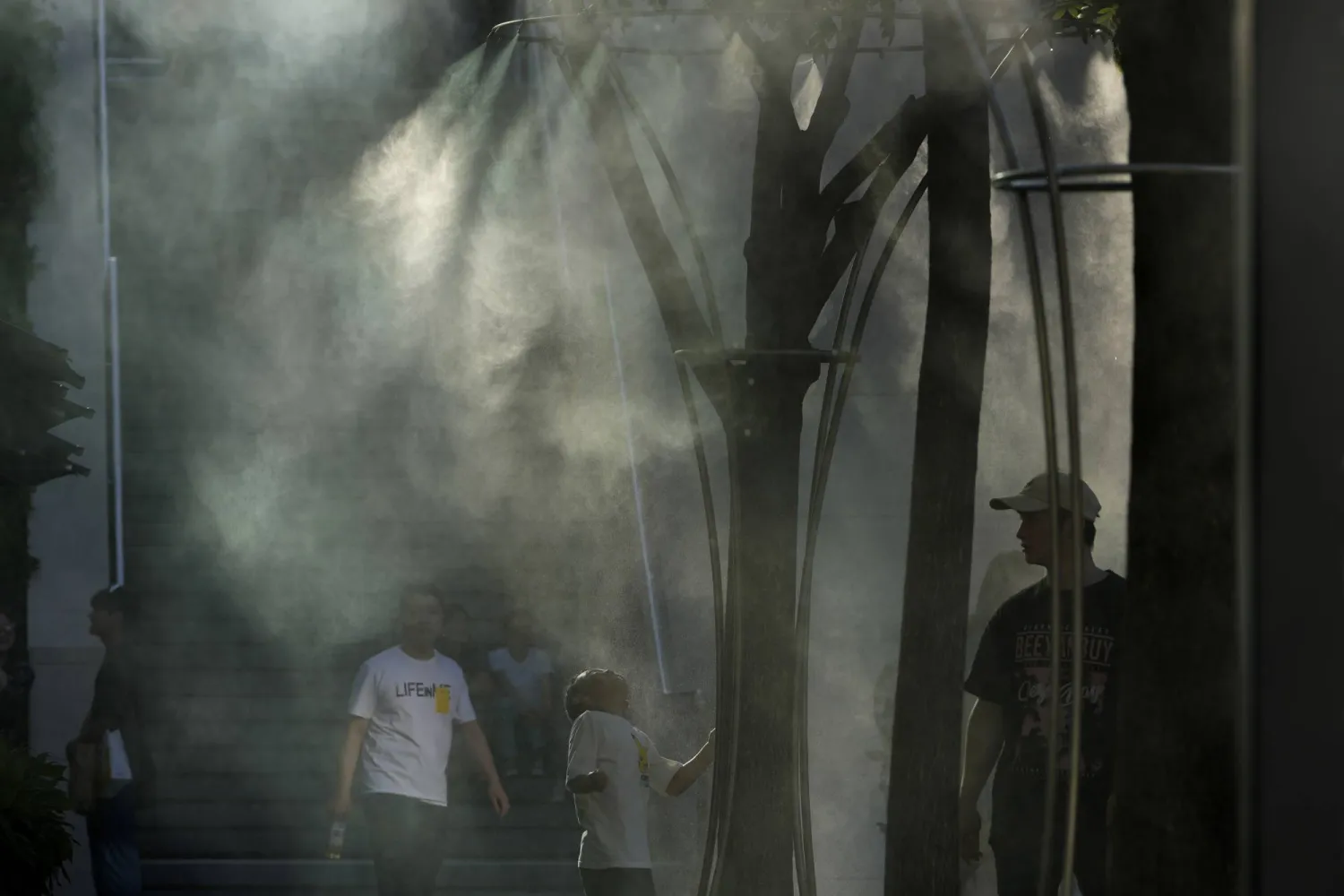The US is as many as 15 years behind China on developing high-tech nuclear power as Beijing's state-backed technology approach and extensive financing give it the edge, a report said on Monday.
China has 27 nuclear reactors under construction with average construction timelines of about seven years, far faster than other countries, said the study by Information Technology & Innovation Foundation, a Washington-based nonpartisan research institute.
"China’s rapid deployment of ever-more modern nuclear power plants over time produces significant scale economies and learning-by-doing effects, and this suggests that Chinese enterprises will gain an advantage at incremental innovation in this sector going forward," the report said.
The US has the world's largest fleet of nuclear power plants and President Joe Biden's administration considers the virtually emissions-free electricity source to be critical in curbing climate change.
But after two large plants in Georgia came online in 2023 and 2024 billions of dollars over budget and delayed by years, no US nuclear reactors are being built. A high-tech plant that had been planned to be built at a US lab was canceled last year, Reuters reported.
China's state-owned banks can offer loans as low as 1.4%, far lower than available in Western economies. Its nuclear power industry has benefited from sustained state support and localization strategies that has allowed China to dominate sectors like renewable power and EVs.
The world's first so-called fourth-generation high-temperature gas cooled reactor at Shidao Bay came online last December. The China Nuclear Energy Association claims that the project involved the development of more than 2,200 sets of "world-first equipment" with a total localization rate of domestically produced materials of 93.4%.
Backers of high-tech reactors say they are safer and more efficient than current plants. Critics say some new reactors introduce proliferation and material risks.
It has not all been smooth sailing for China. The China Nuclear Energy Association has warned that there was a severe glut in nuclear component production, and "excessive competition" was driving down prices and causing losses.
Stephen Ezell, the report's author, said if the US is serious about nuclear it should develop a robust national strategy involving more investment in research and development, identifying and accelerating promising technologies, and supporting development of a skilled workforce.
"While America is behind, it can certainly catch up technologically," said Ezell.
Report: US as Many as 15 Years Behind China on Nuclear Power

Visitors to a mall cool off near a mist machine during the summer heat in Beijing, Saturday, June 15, 2024. (AP Photo/Ng Han Guan)

Report: US as Many as 15 Years Behind China on Nuclear Power

Visitors to a mall cool off near a mist machine during the summer heat in Beijing, Saturday, June 15, 2024. (AP Photo/Ng Han Guan)
لم تشترك بعد
انشئ حساباً خاصاً بك لتحصل على أخبار مخصصة لك ولتتمتع بخاصية حفظ المقالات وتتلقى نشراتنا البريدية المتنوعة







